
El Charro Caf
COOKBOOK
THE FLORES FAMILYS
El Charro Caf
 COOKBOOK
COOKBOOK 
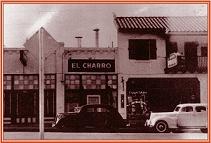
JANE & MICHAEL STERN
With Recipes by Carlotta Flores
RUTLEDGE HILL PRESSTM
Nashville, Tennessee
A DIVISION OF THOMAS NELSON, INC.
www.ThomasNelson.com
To Ron and Marcia Spark
Recipes and foreword copyright 2002 by Carlotta Flores
Copyright 2002 by Jane and Michael Stern
All rights reserved. No portion of this book may be reproduced, stored in a retrieval system, or transmitted in any form or by any means electronic, mechanical, photocopy, recording, or any other except for brief quotations in printed reviews, without the prior permission of the publisher.
Photos courtesy of Ray Flores on pages iii, xiv, xv, 3, 33, 49, 65, 104, 105, 111, 112, and 124 and in the color insert unless otherwise noted.
Photos by Lois Ellen Frank on pages 86, 192, and 193.
Published by Rutledge Hill Press, a Division of Thomas Nelson Inc.,
P.O. Box 141000, Nashville, Tennessee 37214.
Library of Congress Cataloging-in-Publication Data Available
1-55853-992-1
Printed in the United States of America
02 03 04 05 06 5 4 3 2 1
CONTENTS
RICE, PASTA, BEANS & VEGETABLES
(Arroz, Fideos, Frijoles y Verduras)
FISH, CHICKEN & BEEF
(Pescado, Pollo y Carnes)
ALCOHOLIC BEVERAGES
(Bebidas Alcohlicas)
THREE GENERATIONS of the Flores family have steered El Charro through 80 years of good times and hard times. We often think that El Charro runs our lives more than we run it. With corporations gulping down small, family-owned businesses every day, we find this notion both comforting and challenging.
Each generation has created some part of El Charrofrom the dcor to the menu; from the catering business to adding businesses; from online product sales to the most recent addition, a coffee bar. Now, with a fourth generation coming into the leadership of El Charro, I expect even more exciting changes to this venerable old icon of Tucson.
While working with Jane and Michael on this cookbook, we created several new recipes to celebrate our 80th anniversary. While retelling the stories of El Charro, it brought back great memories of the imagination, the passion, and the wonderful food made by my great-aunt Monica. It also reminded us of the place that El Charro holds in Tucson historyonly 2 or 3 businesses remain from the year 1922 when my aunt first opened her doors and sold an entire meal for 15 cents.
Managing El Charro would not be possible without the help of my children; Raymon, Marques, and Candace. My mother, sisters and brother-in-law, Amanda, my nieces, and my husband, Ray, nurture and love El Charro as much as I do. Without them, it would not have the distinctive tastes, traditions, and originality that leads people to our door year after year.
Thank you Jane and Michael for recognizing this grand old restaurant and sharing your love of El Charro with the rest of America.
Carinosamente Carlotta Dunn Flores and family
(P.S. Thank you Charlotte!)
JANE AND MICHAEL STERN thank all the Flores family for maintaining a great culinary legacy and making El Charro Caf such a joyful place. In particular, we are grateful to them for generously sharing their time and knowledge to help fill this book with the color, talent, creativity, and tradition that define their extraordinary restaurant.
We never hit the road without our virtual companions at www.roadfood.comSteve Rushmore Sr. and Stephen Rushmore, Cindy Keuchle, and Marc Brunowho constantly fan the flames of appetite and discovery along Americas highways and byways.
Rutledge Hill Press has proven to be a wonderful literary home for us and for this series of cookbooks from our very favorite restaurants. Larry Stone, Geoff Stone, Bryan Curtis, and Roger Waynick are like great dinner companions, always thought-provoking and encouraging.
And it is a pleasure for us to thank agent Doc Coover for her tireless work on our behalf, as well as Jean Wagner, Mary Ann Rudolph and Ned Schankman for making it possible for us to travel in confidence that alls well at home.
AT EL CHARRO CAF, you eat Mexican. Tucson-Mexican to be exact, which is not Tex-Mex, not New-Mex, and certainly not fast-food-franchise-Mex. Your meal explodes with flavor in a place as colorful as an Aztec kaleidoscope. Mariachi music pulses through dining rooms where the walls are festooned with broad caballero hats and bullwhips, holy images of the virgin saint, and hyper-romantic calendar art on which Aztec gods and gorgeous mortals fight, swoon, and sacrifice. The smells of hot flour tortillas and spiced beef swirl through the air and mingle with the perfume of icy Margaritas from the adjoining Bar Toma!
This magical experience was set in motion eighty years ago when young widow Monica Flin opened a one-room neighborhood eatery named El Charro Caf. Daughter of a stonemason who had come from France to carve a church portal in the mid-nineteenth century, Monica reigned at El Charro into the 1970s, and through the decades she made her caf as symbolic of Tucson as the saguaro cactus. El Charro opened only ten years after Arizona became a state, and while the city has grown and Mexican-style fare is now popular throughout the nation, El Charro remains unique. Located in the old home that Monicas father built of black volcanic rock, El Charro defines the Mexican restaurant of the American Southwest. To eat here is to savor not only flour tortillas and towering topopo salads (named for the Mexican volcano that inspired them), but also the culture of a town with a vibrant personality, and the heritage of a family who has done so much to define that town.
Older than Los Angeles, Tucson always considered itself Mexican; long before Arizona became Americas forty-eighth state, it had established its own Mexican cuisine influenced by French and Spanish cooks who had come north, Pima Indians who had occupied the Sonoran Desert for centuries, and a handful of Anglos venturing to the frontier.
While it is sometimes said that Tucsons culinary ways reflect the traditions of the state of Sonora in northwestern Mexico, many of the towns food-savvy citizens see it the other way around. A century ago, even two centuries ago, Tucson was a cultural center where Sonoran Mexicans learned to cook and from which good cooks spread out into the Mexican countryside. El Charro Cafs dining experience reflects the citys long-standing culinary prominence.
As her family remembers her, El Charros founder Monica Flin was a woman larger than life: a flamboyant Auntie Mame who traveled in a sleek black Ford (chauffeured by her brother Stephano, as she never learned to drive) and who always wore a stylish hat. Her pet parrot accompanied her as she greeted customers at the cash register. Monica regularly welcomed a coterie of lady friends to La Mesa Redonda, the restaurants round table, to exchange news and opinions about everything and everyone of significance in Tucson. Monica loved martinis, Carlotta recalls. She could not serve them because she didnt have a liquor license. So she made martinis in tall olive jars and boldly poured them from a teapot. Each of the ladies at
Next page
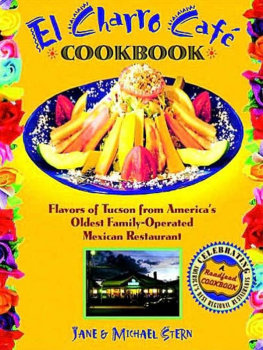
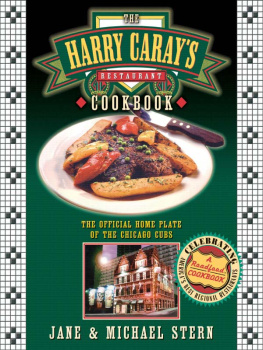
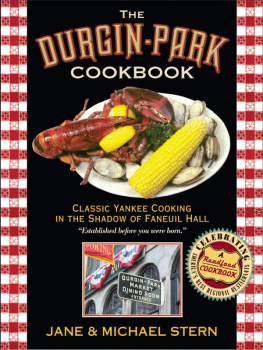
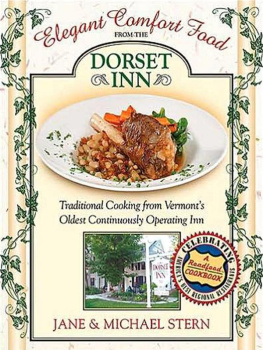
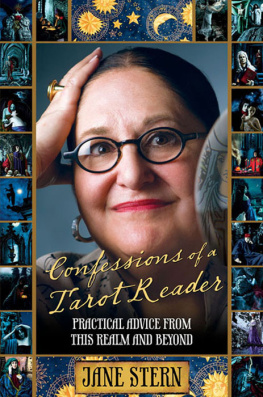

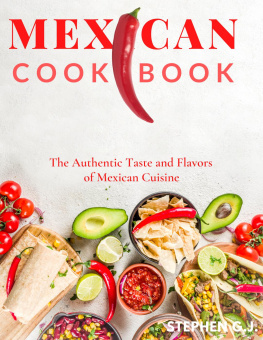
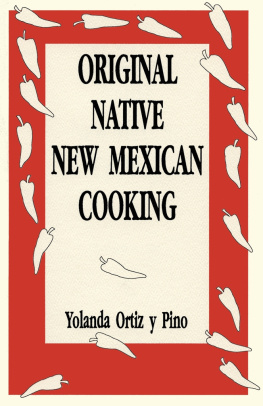
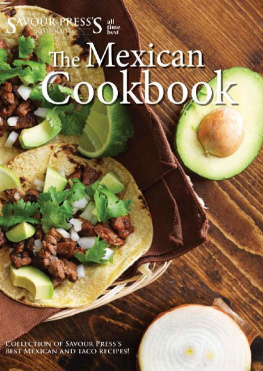
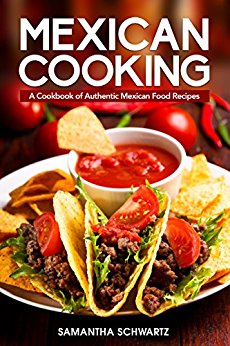
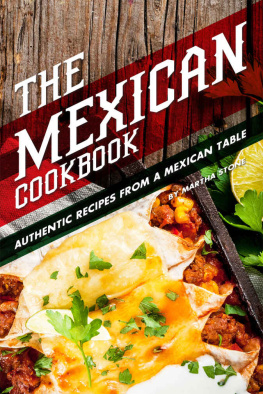
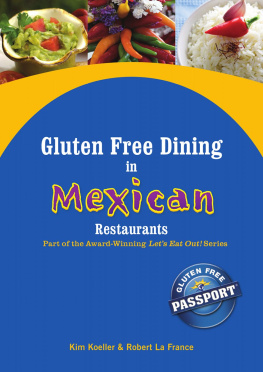
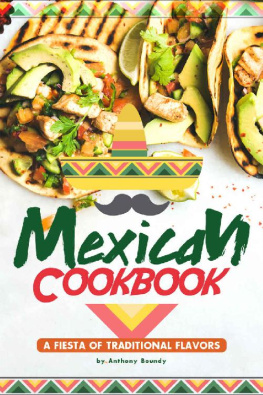
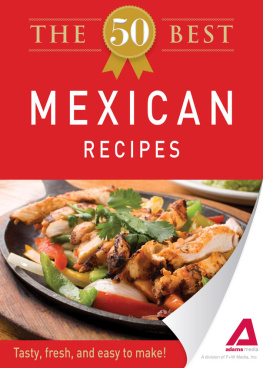
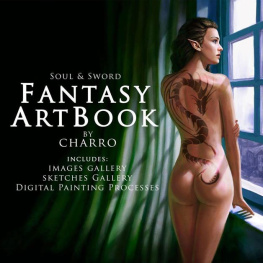


 COOKBOOK
COOKBOOK 